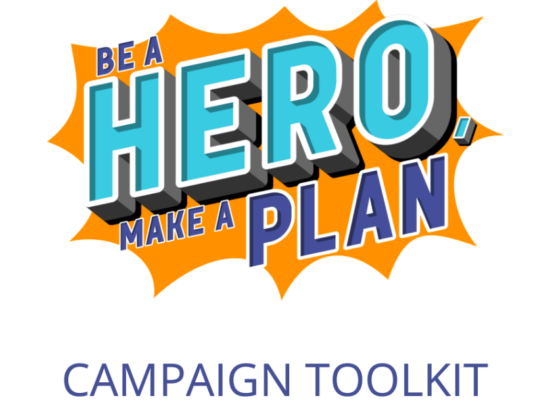Insurance
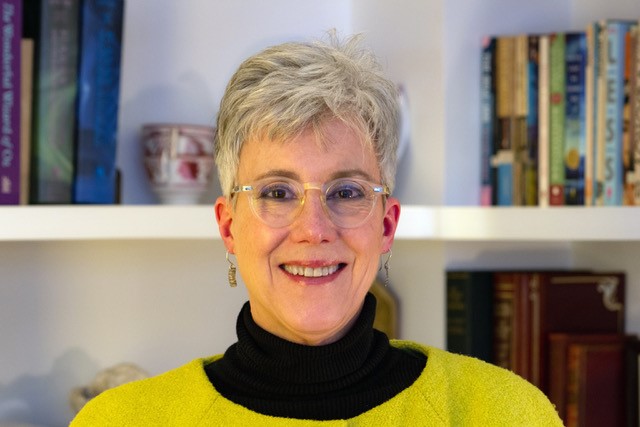
April Volunteer Spotlight: Julie Wallace
For our April volunteer spotlight, we are recognizing Julie Wallace from Grand Rapids, Michigan!
Julie Wallace has been an NPAF volunteer since 2019. She is an award-winning film and video producer and communications professional, but transformed into a patient advocate when illness hit her family seemingly all at once. Read on to learn why Julie advocates for patients and how she centers patient and caregiver voices.
A phone call, a patient congress and a pandemic…
“Timing is everything,” many have said, and nothing rang more true for me with my introduction to NPAF. A chance phone call from a friend and mentor in the summer of 2019 opened the door and paved the way to a Patient Congress that would further fuel my enthusiasm for patient advocacy.
I came to this work the same way so many of you have… personal experience. New Year’s Eve of 2003 began with my middle sister’s breast cancer surgery, my oldest sister’s breast cancer diagnosis and my mother’s hospitalization for double pneumonia, an undiagnosed blood disorder and what we would soon uncover as the early stages of dementia. In the blink of a medical eye, my family was thrown into an alien setting we would fast become intimate with.
It may not have been the happiest of New Year’s celebrations but it’s one that held true to tradition and changed my life forever. I was moved to action and looked for any opportunity to get involved with the healthcare system that held a significant grasp on the lives of two-thirds of my immediate family. I started by adding my voice to their newly formed Executive Patient and Family Advisory Council (PFAC). A doctor from the PFAC subsequently asked me to sit on the system’s Biomedical Ethics Committee (a seat I still hold 12 years later). Another asked if I would help in the launch of a community initiative on Advance Care Planning. This path led further into speaking engagements, panel discussions, grand rounds, med school lunch and learns, professional conference invitations and more. The appetite for the patient experience and perspective was growing and I promised myself I would stay on this path wherever it led.
And then came NPAF
Getting initiated into NPAF via a patient congress was both thrilling and challenging. Three days in DC on Capitol Hill made the relevance of the work at hand undeniably clear but trying to fully comprehend that work enough to put it into practice on my own back in Michigan was daunting. Fortunately I wasn’t left on my own for too long when support came in the form of NPAF volunteer coordinator and dynamo, Donna Guinn. The spark ignited in Washington carried through my first “Get Covered” initiative in the form of an uncharacteristic Facebook campaign I committed to for the duration of open enrollment. I was just getting warmed up when we slammed head long into the pandemic and unexpected loss of our dear Donna. Maybe it was my naiveté that kept me going but in the quiet and murky months that followed, I never thought to quit or give up on NPAF and for that I am grateful.
Two years later
Today I find myself ignited once again. In the course of these two years, I’ve developed a deeper understanding and appreciation for the work of NPAF and for how NPAF works. I’m finding a rhythm in that work that is meaningful to me with the invaluable support of the incredible professionals and volunteers that bring NPAF to life. In addition to NPAF’s annual “Get Covered” campaign, I’ve been involved in the “Be a Hero, Make a Plan” initiative promoting Advance Care Planning nationally. I’m also a member of the COVID-19 Learning Community, as well as a research initiative on palliative care. I participate in the Volunteer Advisory group and will soon join in the development of this year’s Patient Congress. It’s been a long journey but one rich in rewards… from the work to the relationships, the learnings and the accomplishments.
What brings you here? Curiosity? An accidental click? An invitation? Are you a newcomer? A longtime supporter ready to come off the sidelines?
However you got here, let this be your takeaway:
The work is relevant
The work is relatable
The work is supported by a rich reserve of expertise, research, intellect, data and funding
The results change lives
And for this, we can all be proud.
Might also like
Caregiving, Storytelling, Trust
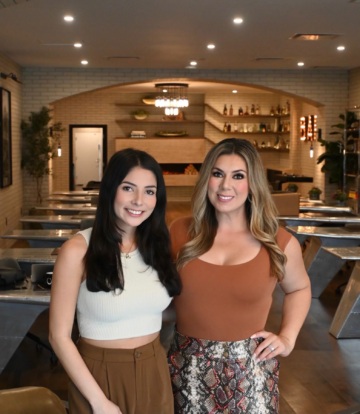
Owning Your Healthcare Journey
Equity, Policy Consortium
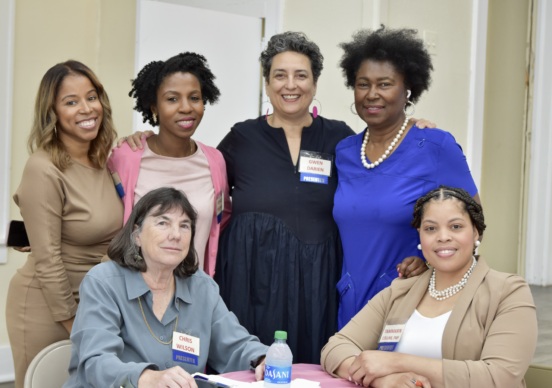
When Will This Country Recognize That Access to Health Care is a Right?
Caregiving
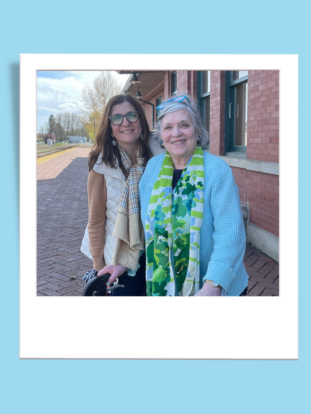
When Family Caregiving Hits the Road: What I’m Learning Along the Way
Equity, Palliative Care

